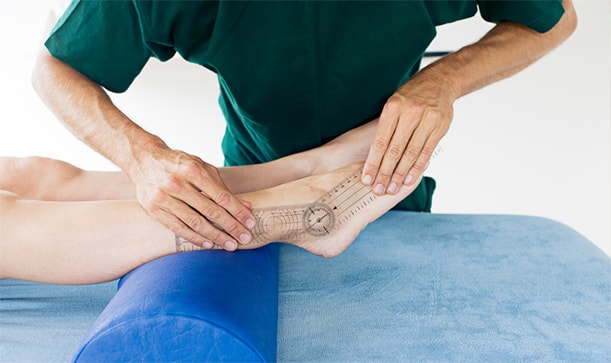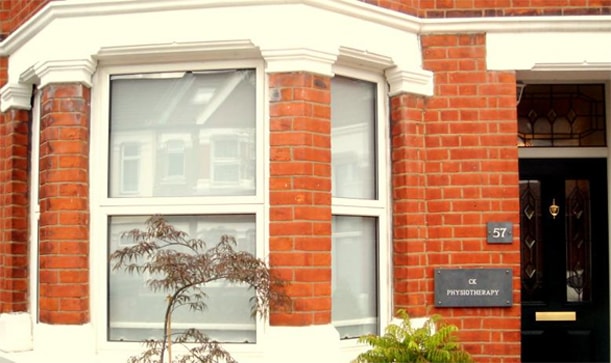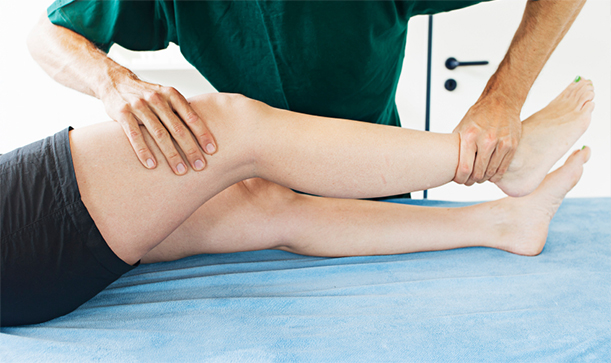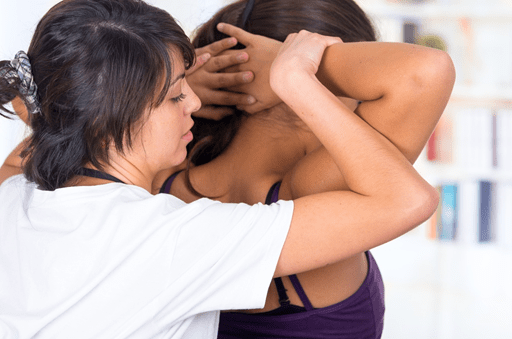CK Physiotherapy
AREAS COVERED
W7, W5, W13, Ealing, West London
57 Elthorne Avenue
Hanwell, W7 2JY
T: 020 8566 4113
M: 079 572 46185
E: info@ckphysio.co.uk
Location / Parking
We are situated in Hanwell, between Boston Manor Road and Northfields Avenue, south of the Uxbridge Road.57 Elthorne Avenue
Hanwell, W7 2JY
There are parking restrictions Mon - Fri 9-10am and 2-3pm. If you need a permit during this time please inform your therapist when you arrive. There are no parking restrictions at other times.
Opening Times
Please phone the number above during working hours to make an appointment. Our reception service will be happy to book your session.
London Underground / Bus Services
London Underground
10 min. walk from Boston Manor Tube Station.
15 min. walk from Northfields Tube Station.
Bus Service
E8, E3, E2, 207, 607, 83
Request Call Back
Our Blog
When Pain Means No Gain: London Physiotherapy for Martial Arts Injury
By: BryanKelly (Psst, View author in Google Plus) Date: Apr 8th, 2015Pain and injury are inevitable in martial arts. It’s common for a practitioner to want to spend an entire day on bed waiting for muscle pains to go after a strenuous training session. Some even incur injuries yet still continue to practice despite the pain. Although some minor injuries gradually heal, London physiotherapy specialists can hasten recovery from bodily stress that impedes optimal training. Below are some of the common martial arts-related injuries that physiotherapy can help alleviate:

Knee Ligament Injury
Ligaments are fibrous tissues that connect bones. Ligament injury in martial arts usually results from sprains and occurs on the knee since the activity often includes plenty of leg work such as kicking, stretching, and getting back up during a fall after being thrown. A bad fall or slip, a blow to the knee during sparring, hyperextension during a kick, any movement that causes the knee to go beyond the normal range of the ligament’s control, or repetitive ducking movements that cause significant wear can lead to knee ligament injuries. The condition is typically characterised by a loose feeling in the joint, limping, and bruising or swelling of the knee.
Tendinitis
This refers to the inflammation of the tendon, the fibrous tissue connecting muscles to bones. Tendinitis results from overuse and repetitive actions, and it can occur on joint areas such as the knee, wrist, thigh, fingers, and ankles. In martial arts, an injury of the Achilles tendon is common as a result of jumping, jogging, and other repetitive foot work. It may happen suddenly or gradually with the accumulation of tiny tears in the tendon.
Muscle Strain and fever
Muscle overuse leads to strain. According to the Pacific College of Medicine, heavily-used muscles lose their ability to relax. Muscle tightening leads to tears and the loss of flexibility. Stress fractures occur as the fatigued muscle can no longer tolerate shock. Blood flow is restricted causing pain. Delayed onset muscle soreness (a.k.a. muscle fever) can occur too as the body adapts to a routine exercise different from the one regularly performed; this usually manifests around 24 to 72 hours after the training and is accompanied with stiffness and pain.
Martial arts gives you a lifesaving skill and helps keep you fit, improving your concentration and instilling discipline at the same time. However, it can be very demanding to the body. In order to reduce the risk of long-term injury, it’s best to constantly enhance strength, endurance, and flexibility as well as give the body due rest after a tough training day. A qualified physio in London such as one from CK Physiotherapy can help you become more resilient to the rigors of martial arts training.
Source:
Martial Arts- Preventing Injury, Better Health Channel
Benefits of Sports Massage, Pacific College





